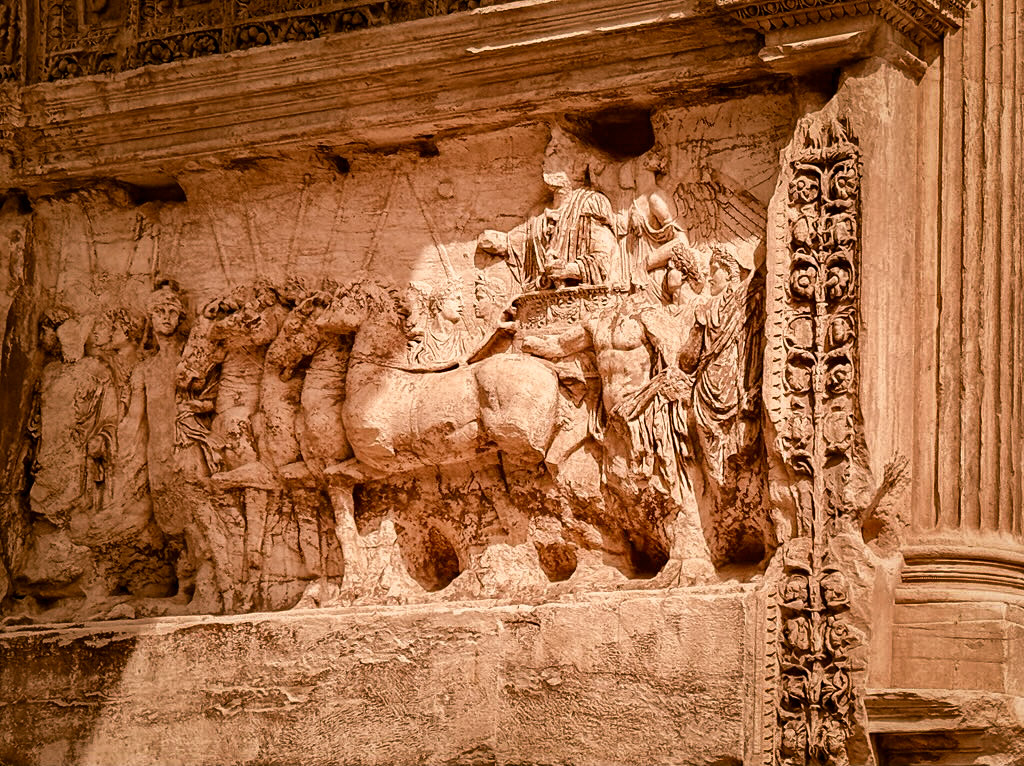

 ©Michael Player
©Michael Player
Chapter 1:1 (ESV) - The word of the Lord that came to Micah of Moresheth in the days of Jotham, Ahaz, and Hezekiah, kings of Judah, which he saw concerning Samaria and Jerusalem.
Question to consider: Where were the cities of Samaria and Jerusalem located?
The name Micah is similar to the name Michael. Michael asks the question, “Who is like God?” Any time you see “ah”, “iah”, “ias”, or “jah”, it is a shortened form for YHWH. So Micah (or Micaiah) is asking, “Who is like YHWH?”
Micah was a contemporary of Isaiah’s, and his ministry spanned the years between 738 and 698 BC. The town of Moresheth was near Lachish which was southwest of Jerusalem. Given that Micah was known by a small town in the Judean countryside and not the name of his father suggested that he came from humble means much like the prophet Amos. Because he lived in the kingdom of Judah, the time references were given in terms of the kings of Judah during his day. Jeremiah specifically mentioned him in relation to Hezekiah (Jeremiah 26:18), but it stands to reason that his fame rose during this time since Hezekiah listened to the word of the LORD. The question posed by the name, Micah, was a crucial one for these kings, for the judgments that were to come upon the northern kingdom of Israel by the Assyrians stood as a warning to Judah against idolatry.
The word given to Micah specifically referenced Samaria and Jerusalem because those were the capital cities of the two kingdoms and the central places of worship and culture, and the kings and religious authorities were accountable to God for the idolatry of the people. We should be able to relate to this today. We may not have a theocratic king in the United States, but our country is influenced by the morals of those who hold public office and (even more so) those who pastor churches. The central hubs of culture (and wickedness) are found in the cities and over time make their way to the suburban and rural areas. Micah would have been a faithful voice from a small town who provided a warning to the kings of his generation to turn from their idolatry.
I’ve spent an extended amount of time going through the pre- and post- exilic prophets when Judah succumbed to Babylonian captivity. This prophecy spanned three generations of the kings of Judah and used the same lamentations, woes, and promises that his contemporaries used. The northern kingdom of Israel was facing God’s judgment by way of the Assyrians. Instead of learning from this, Judah allowed idols to creep into the holy city and temple. By the time they reached the holy place within the temple, the glory of God left the holy of holies, and the city was made desolate.
People struggle to read the Old Testament prophets because they are repetitive and judgmental, but it is important to keep in mind that these warnings spanned multiple generations. It was by the mercy of God that the people were given warnings of what their idolatry would bring. The gods of the pagans gave no opportunity to repent, and ultimately the judgment of YHWH was to give people over to the idols they worshiped. People think the earthly pleasures offered by the world’s system will bring them freedom, but their pleasures are a temporary illusion that ends in slavery to sin.
Dear heavenly Father, thank You for giving us things of eternal value. Help us to see Your warnings as a loving call to turn from our sin and cling to the blessed work of Christ on our behalf. We are grateful that Christ has called us to abide in Him and walk in newness of life. Amen.